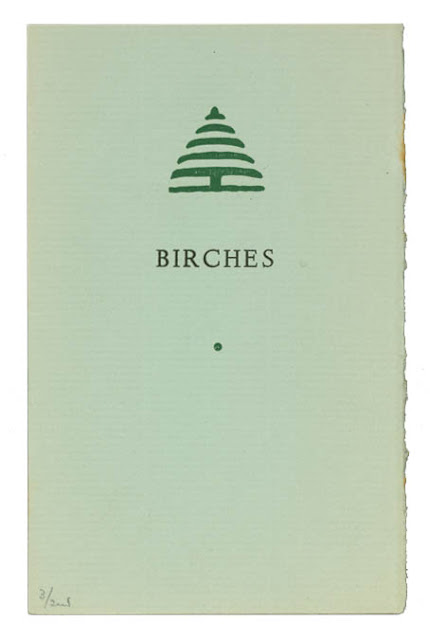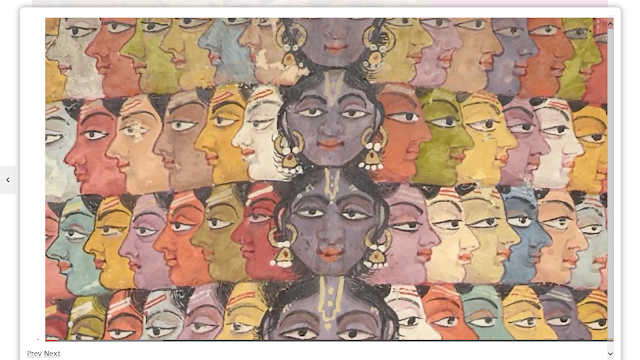物の哀れ *
Longbefore it becomes warm, everyone in the land of the rising sun is daydreaming of a slow blush: that gentle thermal tsunami known as cherry blossom season.
One can imagine that it is not the Japanese contemplating the transient blossoms--but the trees themselves, opening their trillions of little floral eyes to take in the ephemeral Japanese--that long ago instituted the ritual of blossom viewing.
The haiku poet Onitsura had this role reversal in mind when he penned these lines:
Ready for blossom-viewing now are those
Skeletons dressed in silken kimonos.
In ancient times these blossoms would have beheld celebrated clouds of court beauties blushing into view in their kimonos. Musicians playing flutes and drums. Handsome boys hanging brightly lit lanterns aglow amid the boughs as everyone quaffs their sake amid a tumult of glances, gossip, and music.
The blossoms look out on nobles arriving by boat. Servants, musicians, and courtesans waiting on their pleasure behind gauzy curtains. Illustrious Buddhist monks sitting on the prow and falling ever more drunk and prattling ever more loudly about Zen, as the moon climbs ever higher in the sky and the tumultuous hullabaloo of drunken voices reaches a crescendo, with everyone shouting into the face of someone else in order to be heard above all the rest.
After the crowd thins and then disappears and the moon sets and the eastern sky begins itself to blush and the dawn breeze stirs--the blossoms know that neither they nor the moon have been truly appreciated.
And thus abandoned each blossom watches sadly as the moon sets and disconsolate and trembling brother and sister blossoms shake themselves loose from the branches of this fleeting and insensitive world, and abandon themselves in flights of sheer oblivion to sail in swirling flurries and dizzying eddies through the indifferent air.



.jpg)
.jpg)













Comments
Post a Comment